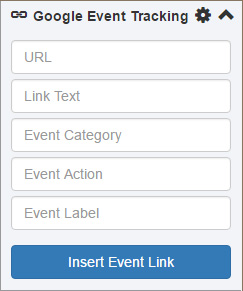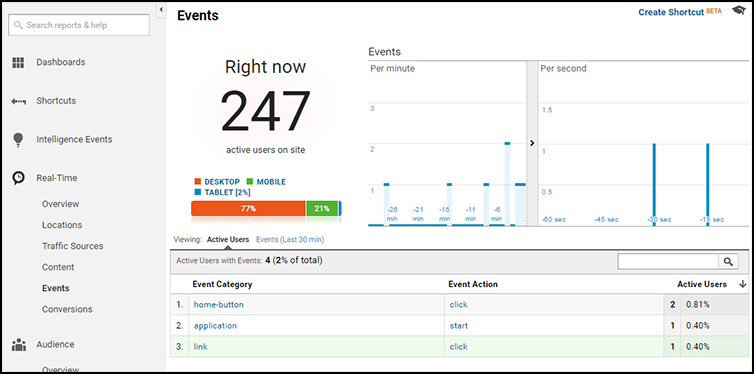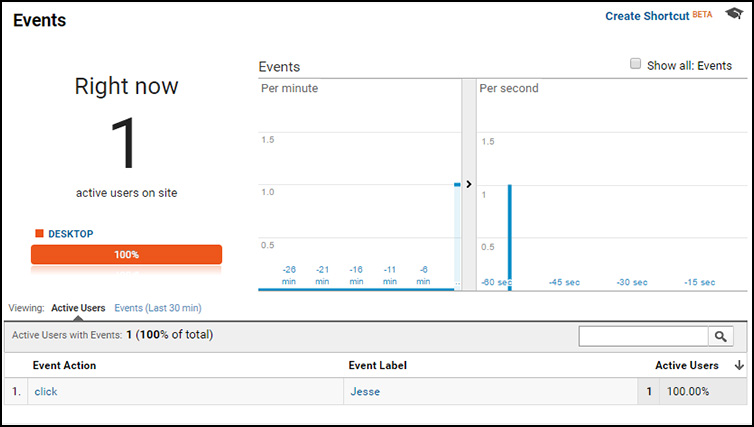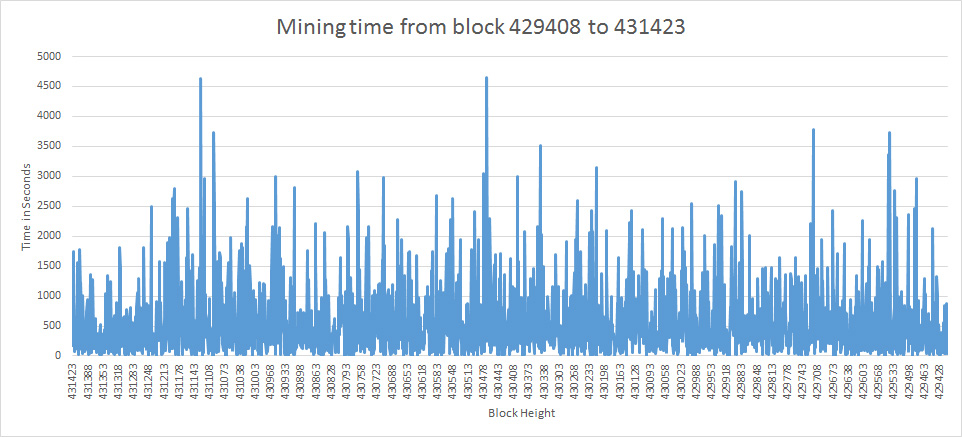Developer Jesse : Blog Posts Page: 5 of 7
-
Bitcoin Is Money
The following are two essays that I wrote for a Banking and Finance class for my Masters in Digital Currency. The assignment was two short essays, one on why bitcoin is money and another on why bitcoin is not money. Both have been edited slightly.
-
Add Google Event Tracking to Links in OU Campus
The University of Northern Colorado has recently embraced all things analytics and as part of that we had a need to add event tracking code to buttons. The best use of this is when a pdf or document needs to be tracked. Since that content can’t have the analytics code, the link to it can fire an event that can be tracked in Google Analytics.

The Google Event Tracking Gadget will help web contributors create event tracking codes on links.
This gadget works with the most recent version of Google Analytics, or analytics.js. Full documentation about events can be found within Google’s Event Tracking Documentation.
The final code that is produced by the gadget is this:
Test to see if it worked
Publish the file with OU Campus and click on the link. Next, login to Google Analytics and open up a view that is part of that page. On the right column select “Real-Time” / “Events”. The current events happening on the site will be displayed. It usually takes a few seconds for an event to show up.
Item #3 below is the event that was fired when the link from the code above was clicked on.

Clicking into the row will show the Event Label, which in this case was “Jesse”

The Gadget
The code for the gadget is up on GitHub or if you would like to install it via GitHub Pages, follow OmniUpdate’s Instructions for installing a gadget, when asked for the URL use:
https://jessgusclark.github.io/gadget-event-tracking/build/
-
Certificate of Accomplishment, DFIN-511 Introduction to Digital Currencies
The University of Nicosia uses the Bitcoin blockchain to verify the authenticity of certificates that have been awarded.
-
Removing Extensions with XSL to create SEO Friendly URLs
Using a server rewrite, a url such as http://example.org/jesse could read from http://example.org/jesse.php. However, in the content management system the link would go to the .php version. How can the URL be rewritten from:
-
Creating Websites without Code, 2016 Version

-
What is the average amount of time between blocks mined?
I am taking an online class through the University of Nicosia in digital currencies and covers Bitcoin and the Blockchain. It is a free MOOC and can also be used as credit towards their Masters in Computer Science.
During the Live Q&A section on October 3rd, 2016, there was a question about the timing between blocks being mined. It was suggested that we look at the previous 2016 blocks to see what the average time between blocks mined.
The Bitcoin protocol is set to average the time to be 10 minutes between blocks. Every 2016 blocks the network readjusts the difficulty so the average time blocks are mined is 10 minutes. If the average time is longer than 10 minutes then the difficulty decreases, if the average time is shorter than 10 minutes the difficulty increases.
I wrote a small JavaScript script to parse Blocktrail’s API to get the previous set of 2016 blocks and convert it to a CSV. I opened that file in Excel and created the chart and the results below.
The blocks started at 429408 and finished at 431423. The difficulty was set at 225,832,872,179.46.
Results

The average time to mine a block was 563 seconds or 9:23. The longest time was 1:17:36 and the shortest was less than a second.
Because the average time to mine was less than 10 minutes, the difficulty was increased starting at block 431424 to 241,227,200,229.99
The Code
I posted the code up on GitHub if you are interested in contributing.
- Previous Posts
- Page: 5 of 7
- More Posts